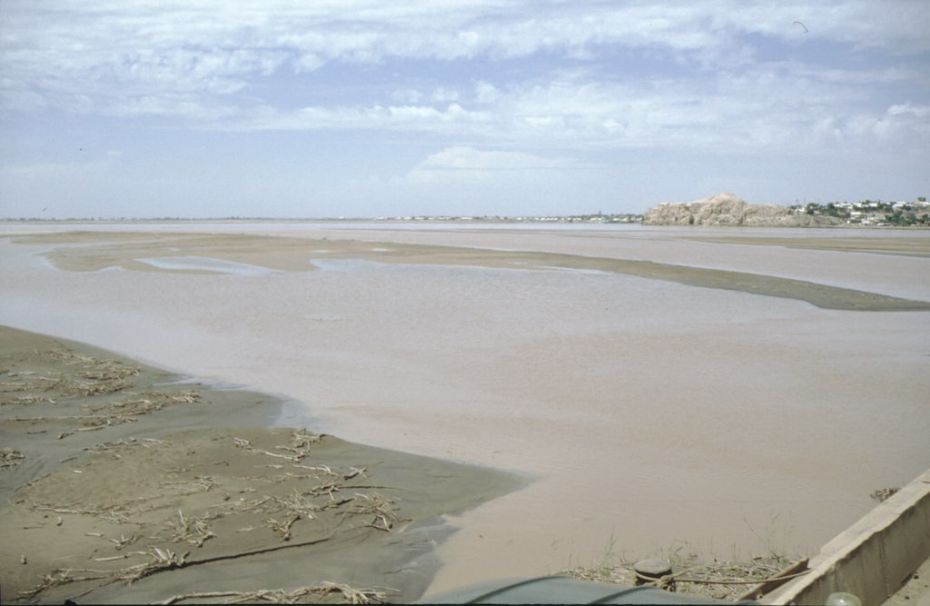
Premongolian agropastoral societies and water resources in the Amu Darya basin: a cross-section of long-term archives
The SO-LONG project aims to study the interactions between agropastoral societies and water resources in the Amu Darya basin. The Amu Darya basin, one of the major rivers of the Eastern Islamic Empire, is located at the crossroads of the Iranian, Turkic and Indian worlds, and is associated with many economic issues (notably cattle and horse breeding in the low and medium mountains, exploitation and marketing of minerals) that are essential for the central (the Baghdad Caliphate) and regional powers.
This study will be based on a close analysis of two sites with a strong geomorphological identity (one in the context of a confluence, the other near a high altitude lake). The period studied should enable us to grasp the elements of continuity and rupture in the long term, from the Arab conquests (7th-8th century AD) to the arrival of the Mongols (13th century): the irruption of these successive nomadic powers and the integration of the lands neighbouring the Amu Darya into imperial constructions raises questions about the impact of political upheavals on the relationship of societies to their natural environment, particularly in a rural context.
The multidisciplinary approach should make it possible to combine the contribution of history, via medieval textual sources, mainly written in Arabic and Persian, and palaeoenvironmental data through the study of samples that make it possible to grasp the nature and rhythm of agricultural practices, the adaptation of agropastoral populations to their environment and the impact of periods of water stress on both socio-economic activities and political reality (social tensions, armed confrontations, questioning of borders and the relationship to territories, etc.).
Project coordination
Camille Rhoné-Quer(IREMAM)
Duration
September 2021 to february 2023

